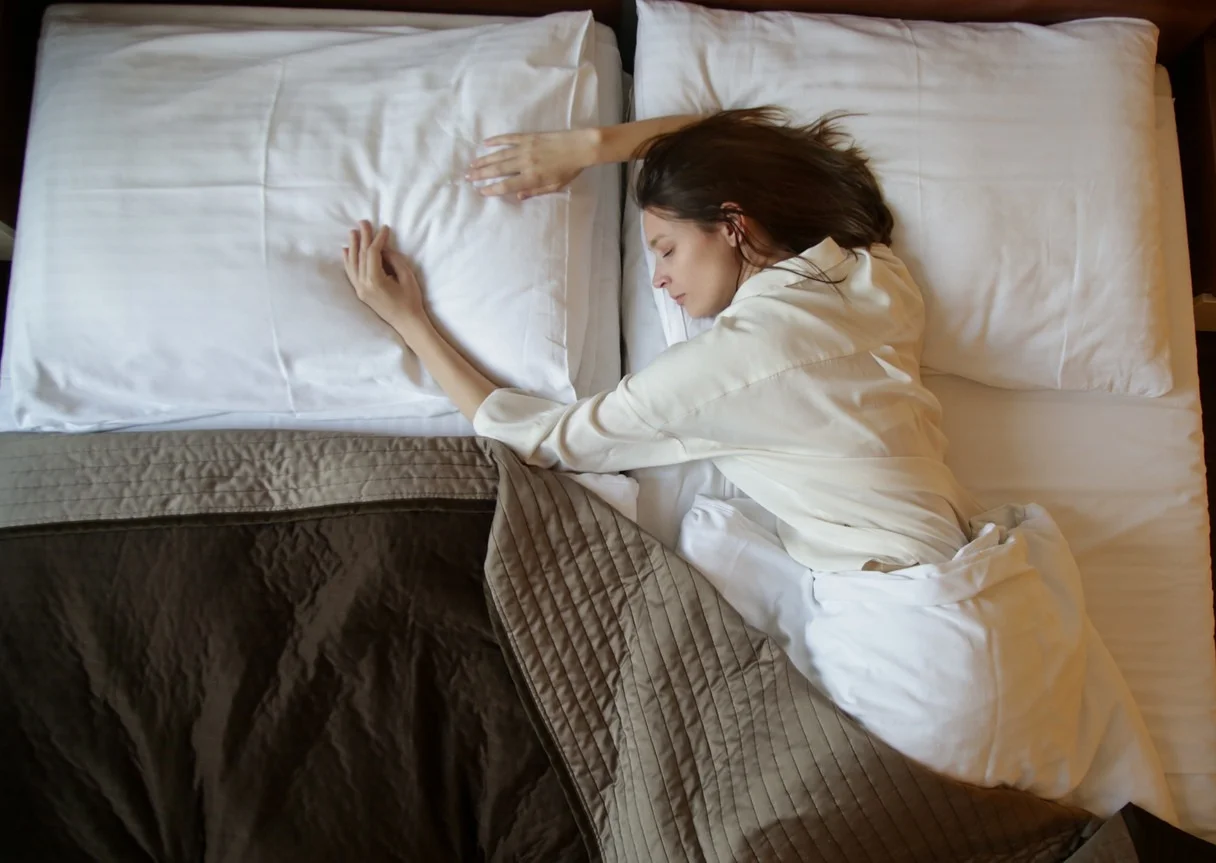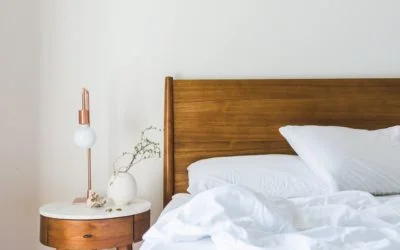According to the our latest consumer research*, the number of people who said they were buying a mattress ‘for myself’ rose from 24% to 32% over the past six months, while the number of purchases for couples fell below the 50% mark for the first time to 49%. The number of ‘lone’ mattress sales was highest among the under 35 age group.
Interestingly this would seem to support another survey we have just done (‘Separate Beds’ research conducted by YouGov 20th – 21st January 2020) which showed nearly one in six (15%) British couples who live together now sleep apart. As well as the rising number of people now living on their own, I think for many people, separate beds may be the only way to achieve a good night’s sleep.”
How often should a mattress be replaced?
While 69% of mattresses are being replaced in less than 10 years, there has been a fall in mattresses being replaced in less than five years, down from 39% to 32% – a sign perhaps that while people appreciate the need to replace their mattresses regularly, people are becoming more aware of sustainability and recycling issues.
What happens to the old mattress?
19% had their old mattress taken away by the company delivering their new one (previously 15%), although this rose to 28% among over 55s. Only 11% of the under 35s choose this option. 16% of people took their old mattress to their local tip (23% among 35-54 year olds), compared to only 10% of the over 55s. 11% said they took it to a recycling centre.
Mattress choices
Pocket spring mattresses were the most popular choice (47% overall) and a clear winner among the over 55s who are almost twice as likely to buy that type of mattress as the under 35s (59% v 32%).
What is the most common bed size?
Double beds still remain the most popular size accounting for 45% of sales followed by king size at 30%.
Is it better to buy a mattress online or instore?
Online now represents 55% (previously 51%) of all sales while instore accounts for 42% and phone 2% (other 1%). Worryingly, of the 57% of people who bought their mattress online or by phone, a massive 80% had not tested the mattress before making their purchase. This rose to 90% for the over 55s.
How much should a bed cost?
The mean price paid for a bed was £516.80 compared to £538.33 six months ago, a drop of 4%. However, compared to the same period last year this represents a fall of over 11% which shows how people’s wallets have been squeezed.
Choosing the right bed
Comfort was the most important purchasing decision factor among two thirds of buyers (66%) followed by price (57%) and reviews from other customers (31%). The over 55s were the least likely to use reviews from other customers with less than a quarter (22%) of them doing so compared to 37% of 35-54 year-olds and 36% of the under 35s.
*The latest NBF consumer research study was carried out by ‘DJS Research’, based on a sample of 500 people who had purchased a bed/mattress from September 2019 to February 2020.






0 Comments